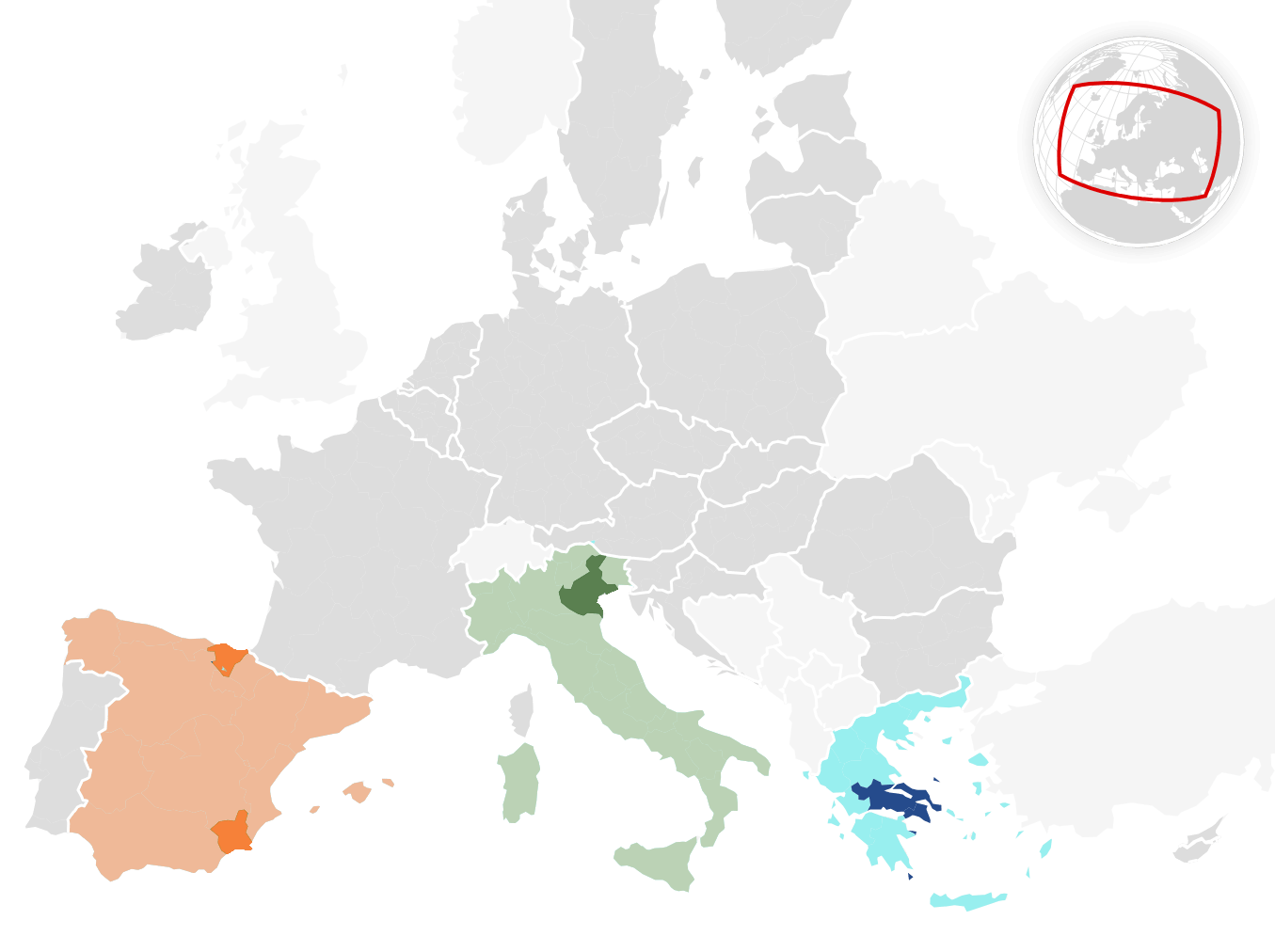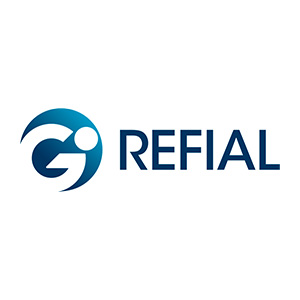Collaboration in Energy Storage Innovation
Overview of TRINEFLEX DES and the support offered to energy actors for innovative partnerships in energy storage
Empowering local innovation, strengthening regional energy transition, and fostering sustainable growth

TRINEFLEX PROJECT
TRINEFLEX’s mission is to drive the evolution of Resource and Energy Intensive process Industries by accelerating their digital and green transition towards net-zero by 2050. To achieve this, it develops an integrated transformation toolkit that embeds energy flexibility into industrial processes. By maximizing energy efficiency, increasing the use of renewable sources and alternative feedstocks, leveraging carbon capture and storage, and promoting distributed energy storage, TRINEFLEX enhances industrial resilience and sustainability. Built on an 'as-a-service' model, the toolkit delivers advanced digital solutions and disruptive technologies to optimize plant operations and facilitate a seamless transition to a flexible and sustainable operation.
Through its toolkit TRINEFLEX will strengthen industrial resilience, sustainability, and competitiveness while engaging citizens and promoting inclusive, safer workplaces. By 2030, TRINEFLEX is set to drive significant scientific, societal, and economic impacts by accelerating the digital and green transformation of industrial processes. It will generate valuable interdisciplinary knowledge, advancing digital services while fostering AI-driven innovation and open-access research. Societally, it will support the transition to climate-neutral industrial value chains by enhancing energy efficiency, promoting sustainable resource use and reducing emissions. Economically, it will improve industrial productivity, create new job opportunities, and enable innovative business models that foster industrial symbiosis and the active involvement of local actors.
A HUMAN-CENTRIC ADAPTATION STRATEGY
Engaging stakeholders fosters trust, transparency, and collaboration, ensuring that the transition is aligned with local needs and regional priorities while helps to identify and mitigate potential negative impacts, such as job losses or environmental degradation.
Empowering local stakeholders is crucial for ensuring that they have the knowledge necessary to adapt to the changing industry landscape as well as support innovative business models and adapt to changing market conditions.
Embracing energy flexibility in the process industry provides an opportunity to reduce reliance on fossil fuels by leveraging local energy resources alternative fuels and feedstocks, such as low-cost solid biomass.
Accelerating the adoption of Industrial Urban Symbiosis can contribute to a more sustainable and resilient industrial sector by reducing waste generation, enhancing resource efficiency, and fostering collaboration among industries and communities.
PILOTS & REGIONS
 TRINEFLEX aims to implement its solutions and demonstrate its potential for increased energy flexibility and sustainable operation in five process industries that span three European countries and four sectors:
TRINEFLEX aims to implement its solutions and demonstrate its potential for increased energy flexibility and sustainable operation in five process industries that span three European countries and four sectors:Supported by Verallia Group (VERALLIA) in Italy

Supported by Refial (REFIAL), part of Grupo Otua, in Spain

Supported by Regional Entity for Sanitation and Wastewater Purification of the Region of Murcia (ESAMUR) in Spain

Supported by Halcor Group (HALCOR) in Greece

Supported by Athens Water Supply and Sewerage Company (EYDAP), in Greece

Overview of TRINEFLEX DES and the support offered to energy actors for innovative partnerships in energy storage
Energy communities and their role in the energy transition over Spain, Italy, and Greece
SWOT Analysis: Understanding of the TRINEFLEX regional ecosystems innovation potential and requirements in the energy transition
Key economic indicators for the regions in TRINEFLEX pilots